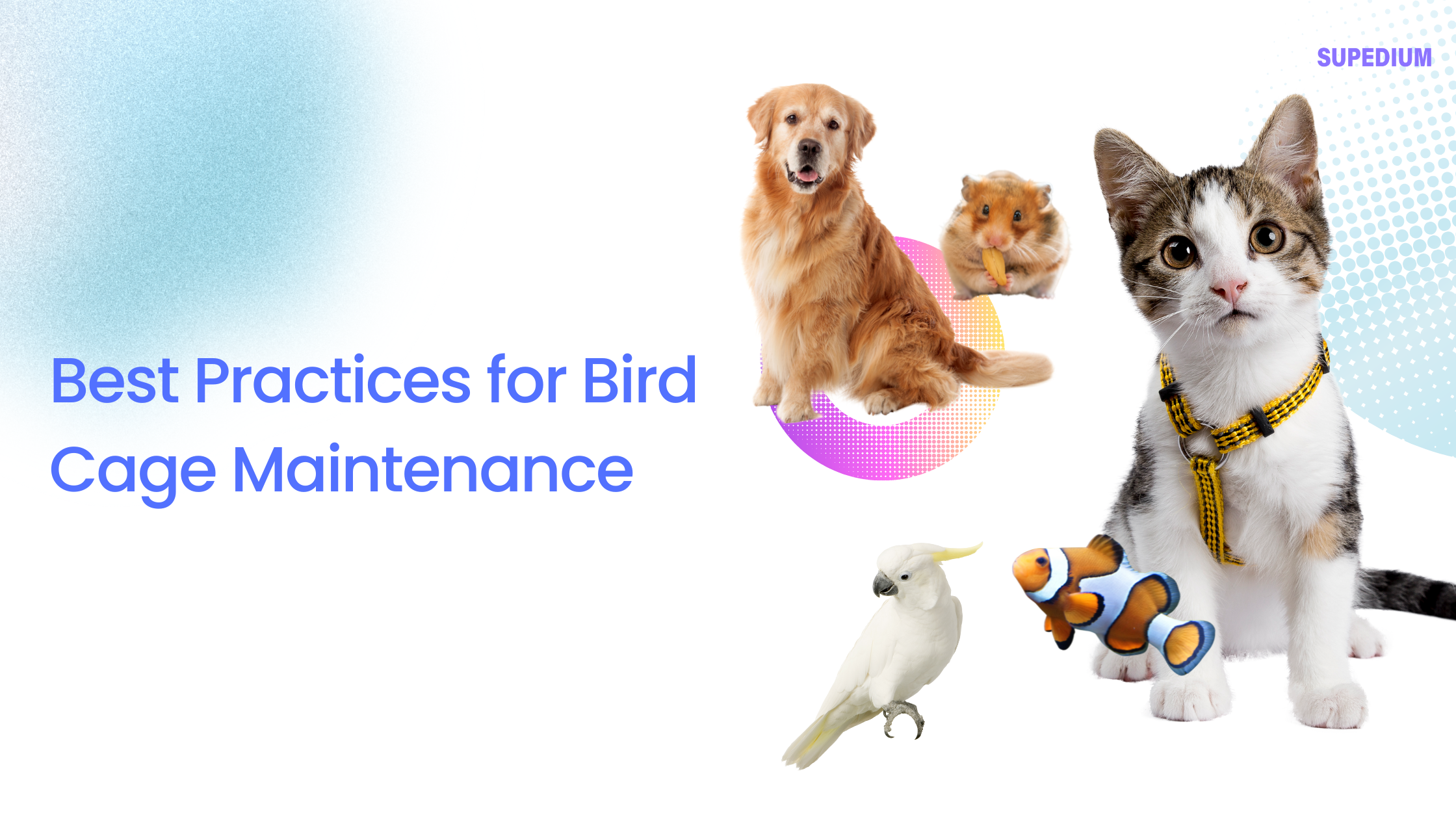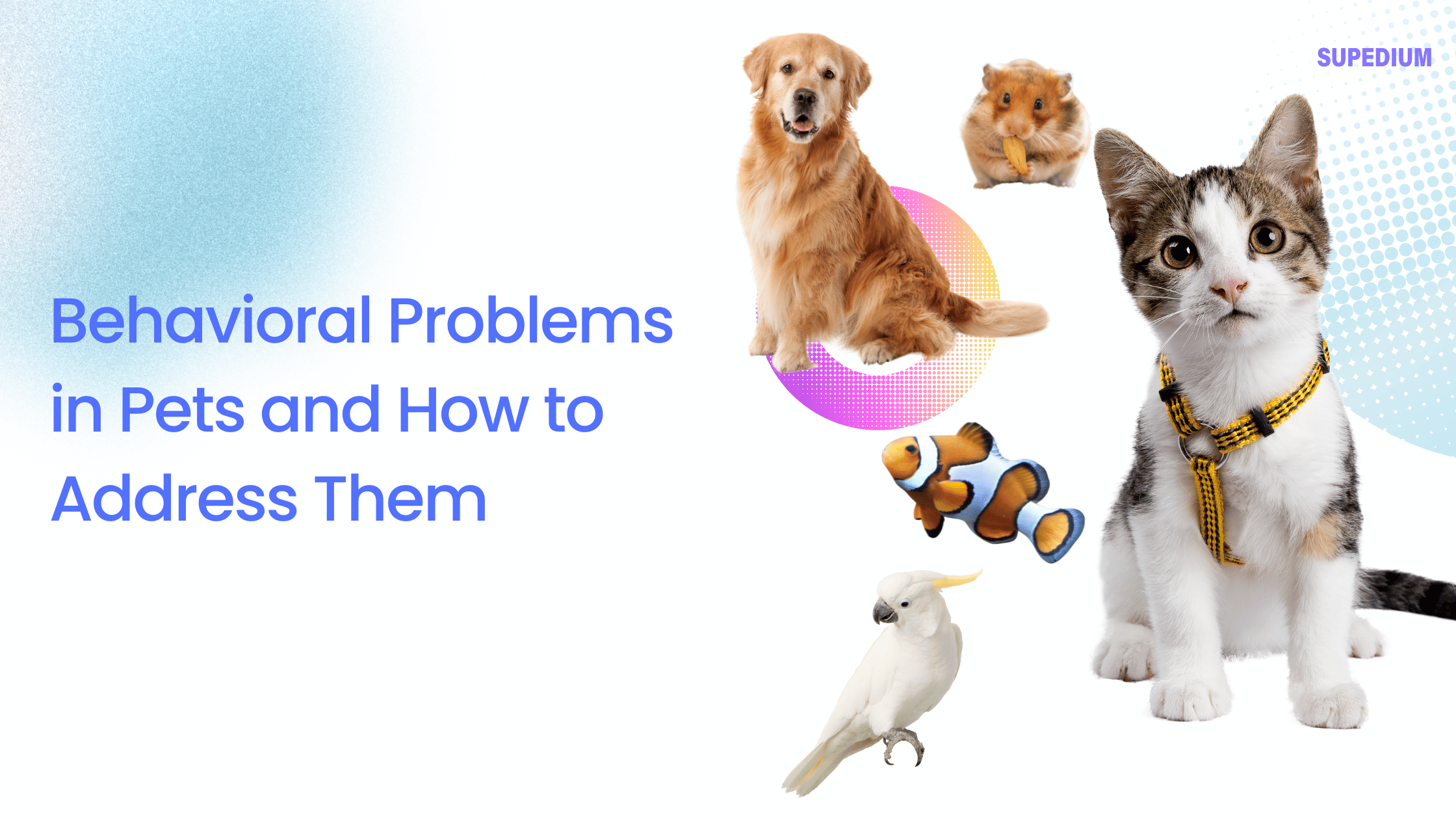Table of Contents
![]()
Maintaining a clean and well-organized bird cage is essential for the health and well-being of pet birds. Regular maintenance helps prevent disease, keeps your bird comfortable, and ensures a safe living environment. Here’s a comprehensive guide on best practices for bird cage maintenance, covering daily, weekly, monthly, and annual tasks, as well as special considerations and safety tips.
Introduction
Regular bird cage maintenance is crucial for several reasons. First and foremost, it ensures the health and well-being of your feathered friend. A clean cage helps prevent the spread of diseases and parasites, while a well-maintained environment enhances your bird’s quality of life. Implementing a routine maintenance schedule helps in creating a healthy and enjoyable habitat for your bird.
Daily Maintenance
Checking and Refreshing Food and Water
Daily maintenance begins with checking and refreshing your bird’s food and water. Ensure that the food is fresh and hasn’t been contaminated. Replace any spoiled or old food and clean the food and water dishes thoroughly to prevent bacterial growth. Fresh water should be provided daily to keep your bird hydrated.
Observing the Bird’s Behavior and Health
While attending to the cage, take a moment to observe your bird. Look for signs of illness or distress such as changes in behavior, appetite, or droppings. A healthy bird is active, alert, and maintains a regular eating and drinking pattern. Early detection of health issues can lead to prompt intervention and treatment.
Removing Droppings
Daily removal of droppings is essential to maintain cleanliness. Spot-clean the cage floor and perches to remove any waste. If you use bedding or cage liners, replace soiled sections to prevent the buildup of waste and odor.
Weekly Maintenance
Cleaning and Sanitizing the Cage
Each week, perform a more thorough cleaning of the cage. Disassemble any removable parts, such as trays, perches, and toys. Wash these items with mild soap and water, ensuring to use a bird-safe disinfectant for sanitizing. Rinse all parts thoroughly and allow them to dry completely before reassembling them into the cage.
Checking and Cleaning Perches and Toys
Inspect perches and toys for any signs of wear and tear. Scrub perches to remove any grime that has accumulated. Clean toys as well, and ensure they are free from damage that could potentially harm your bird. Regular maintenance of these items helps in preventing injuries and keeps your bird engaged.
Inspecting the Cage for Wear and Damage
Check the cage structure for any loose or broken parts. Ensure that the cage is secure and that there are no sharp edges or potential hazards. Tighten any loose screws or fastenings and replace damaged components to maintain a safe environment.
Monthly Maintenance
Deep Cleaning the Cage
Perform a deep cleaning of the entire cage once a month. If possible, disassemble the cage completely. Scrub all surfaces, including the interior and exterior, with a bird-safe cleaning agent. Rinse thoroughly to remove any cleaning residues and allow the cage to dry completely before reassembling.
Replacing Bedding or Liners
Choose appropriate bedding or cage liners based on your bird’s needs. Remove and replace soiled bedding or liners to maintain a hygienic environment. Ensure that the new bedding or liners are clean and free from chemicals that could be harmful to your bird.
Checking and Adjusting the Cage Environment
Evaluate the placement of the cage to ensure it is not exposed to direct sunlight or drafts. Adjust the cage environment as needed to maintain optimal humidity and temperature levels for your bird’s comfort and health.
Annual Maintenance
Thorough Inspection of the Cage Structure
Once a year, conduct a comprehensive inspection of the cage structure. Evaluate the integrity of the cage frame and replace any worn or damaged parts. Ensure that the cage remains secure and in good condition for safe use.
Replacing or Upgrading Cage Accessories
Consider upgrading cage accessories such as perches and toys to better suit your bird’s needs. Replace old or worn accessories to provide your bird with stimulating and safe items to interact with.
Reviewing and Updating Care Practices
Assess any changes in your bird’s needs and adjust the cage setup accordingly. Regularly reviewing and updating care practices ensures that the environment remains suitable as your bird grows and its requirements evolve.
Special Considerations
Cage Types and Materials
Different cage materials and types may require specific cleaning methods. Metal cages may need regular checks for rust, while plastic cages might be easier to clean but could be prone to scratching. Wooden cages require extra care to avoid mold and ensure thorough drying after cleaning.
Dealing with Specific Issues
If you encounter issues such as mold, mildew, or persistent odors, address them promptly. Mold and mildew can be tackled with appropriate cleaning agents, while persistent odors may require additional cleaning and inspection of hidden areas. For pest infestations, such as mites or ants, consult with a veterinarian for effective treatment options.
Safety Tips
Using Bird-Safe Cleaning Products
Always use bird-safe cleaning products to avoid exposure to harmful chemicals. Ensure that all cleaning agents are thoroughly rinsed from the cage and that the cage is completely dry before reintroducing your bird.
Preventing Accidents During Cleaning
Secure your bird in a safe space during cage maintenance to prevent accidental injury. Handle all cage parts carefully and avoid any actions that could cause harm to your bird or disrupt its environment.
Conclusion
Maintaining a clean and well-organized bird cage involves a routine of daily, weekly, monthly, and annual tasks. By following these best practices, you can ensure a healthy and comfortable living environment for your bird. Regular maintenance not only benefits your bird’s health but also enhances its quality of life, promoting a happy and fulfilling experience for both you and your feathered friend.
Share This





Be the first to comment